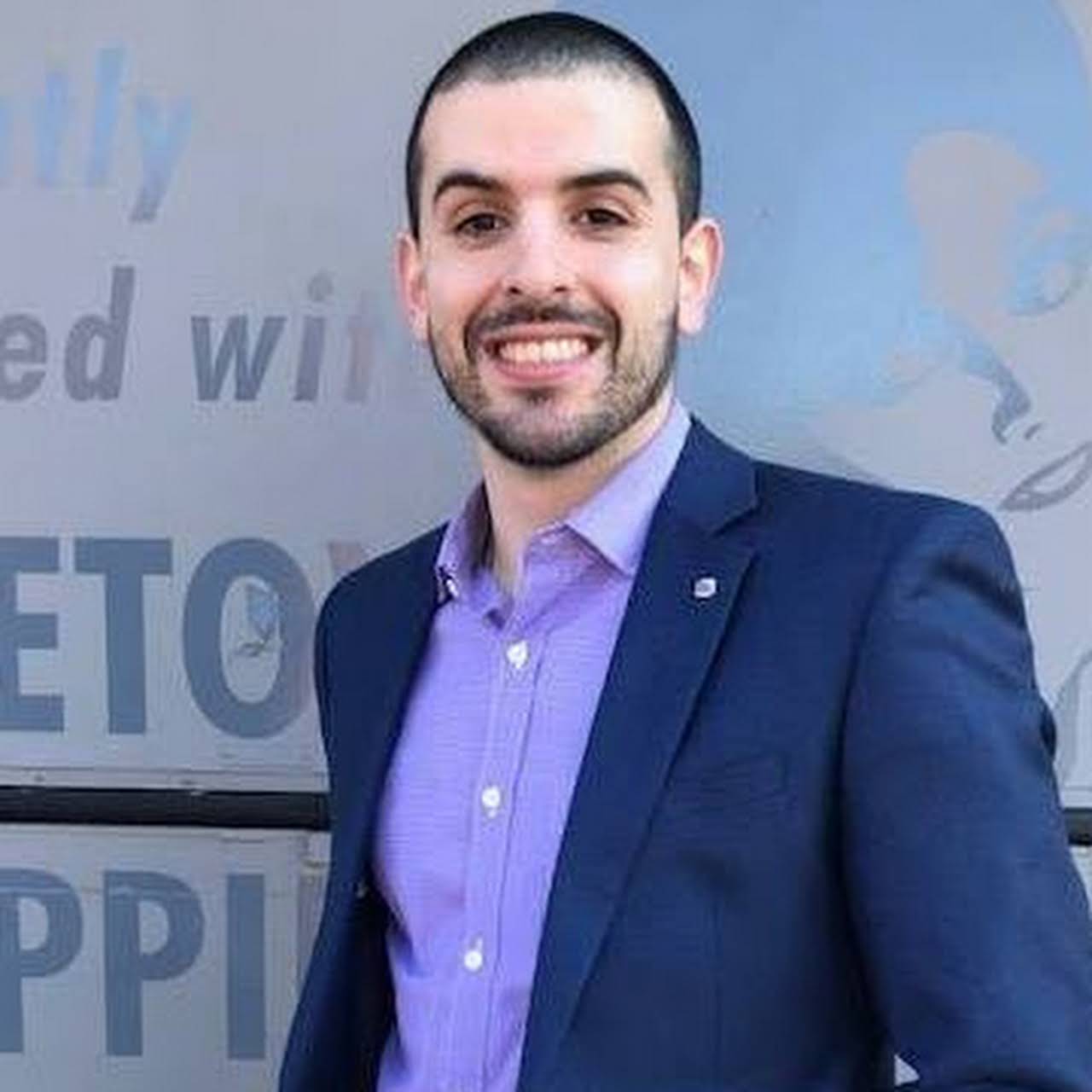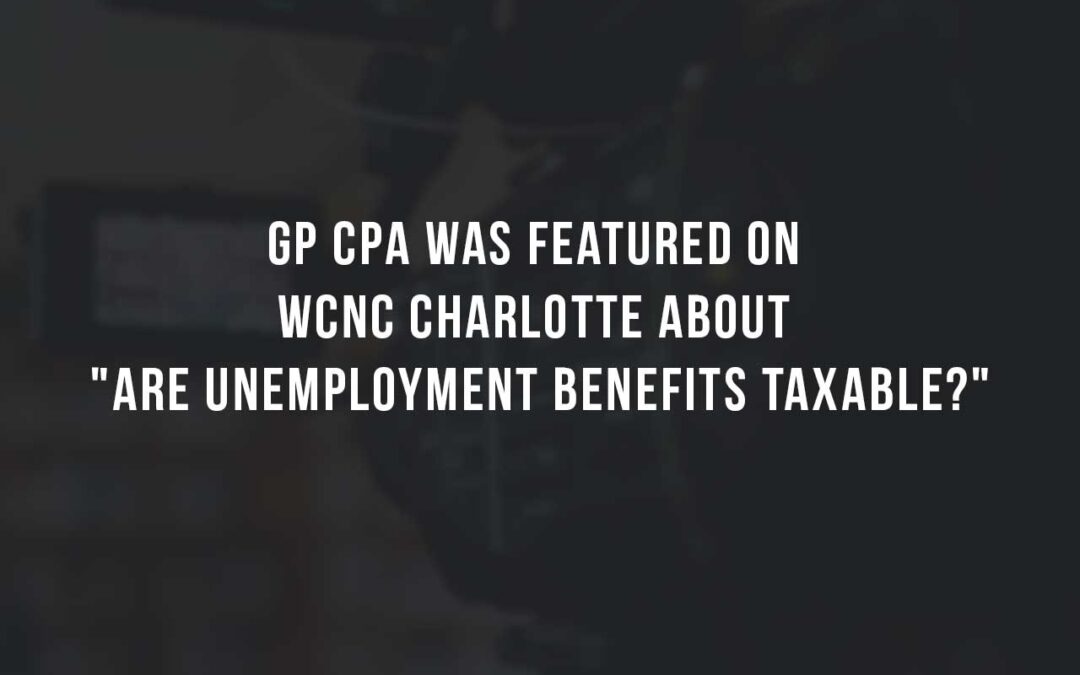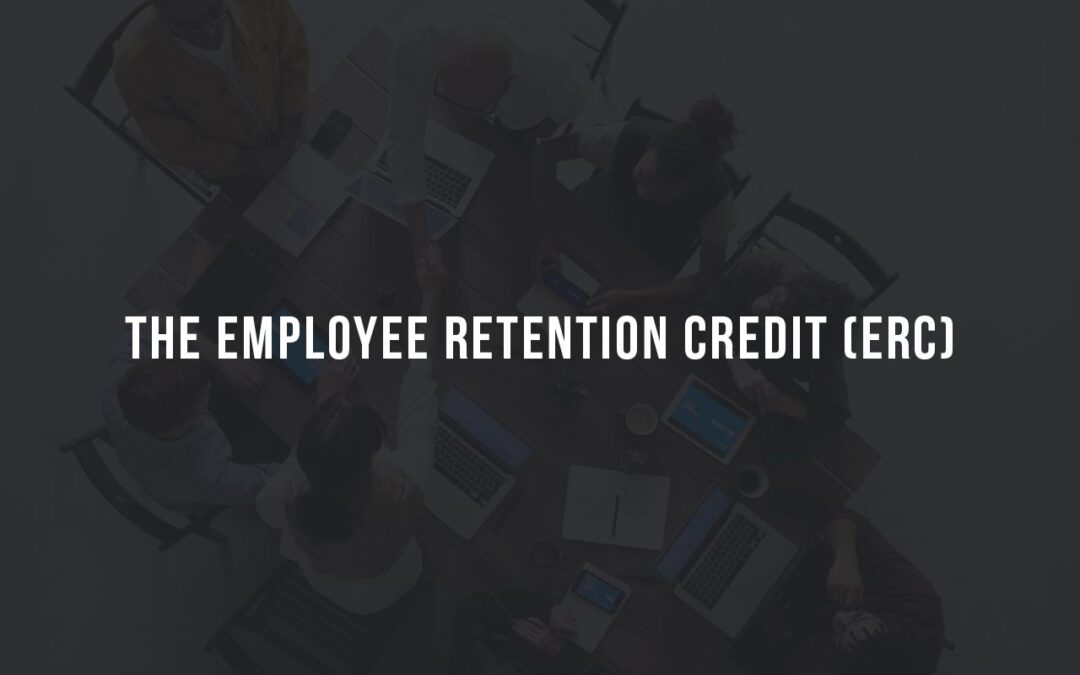CALL US
(980) 237-1714
Email us
justin@pruscpa.com
Friday 09:00 - 15:00
Mon - Thu 09:00-17:00
Meet Michael R. Acosta, CFP® (Certified Financial Planner)

Michael R. Acosta, CFP®
Estimated Reading Time: 4 minutes 15 seconds
Michael is an independent financial planner working under Consolidated Planning Inc., a financial services firm in Charlotte.
Our firm has worked with Michael and have come to rely on his expertise in the retirement and insurance planning space for our clients. If your investment advisor is not a CFP®, then it would really benefit you to have a conversation with Michael. As an introduction, Michael was game to answer these questions for us:
What is a “CFP®” and what do they do?
A CFP® is a CERTIFIED FINANCIAL PLANNER professional that focuses on taking a holistic approach to goals-based planning. We are held to the highest level of the Fiduciary Standard, always putting our clients best interests first. This distinguishes CFP®’s from other financial planners, who are not held to a higher standard.
How does a CFP® (Certified Financial Planner) and a CPA (Certified Public Accountant) work together?
We are well versed in ‘tax planning’, however, we rely on our CPA partners to be the specialist in this arena. While CPA’s excel at tax strategies and accounting, CFP®’s offer more depth in the retirement and insurance planning segments, complementing the CPA’s skills and vice versa. You can think of it as an architect and a general contractor. At different times we change roles in that the CPA can be the architect building your tax savings blueprint and we as the financial planner professional will be the general contractor implementing the tax saving strategy through the use of retirement vehicles (i.e., defined benefit or 401(k) plans).
What is your favorite aspect of helping small business owners?
My favorite aspect of helping small business owners is in providing objective guidance to help them define and implement a successful succession [exit] plan. Every business owner starts their business with the intent of exiting the business at some point in time. At that time they have three doors to walk through: (1) sell to an insider, (2) sell to an outside, or (3) take it with them to their grave. When exiting your business you should do it on your terms with a realistic expectation for how you will convert your business valuation into retirement income.
What is one thing that you wish people understood about financial planning?
Only one? The one thing I wish people understood about financial planning is that there are several different areas to the comprehensive planning process. The most commonly known areas are retirement planning and insurance planning. These are limited scopes and neglect: tax planning, estate planning, education planning, and investment planning. Since we take a comprehensive approach, there is not anything left on the table in regards to the business owner’s personal and business balance sheets. We provide objective analysis to ensure that as many unapparent risks are mitigated while maximizing cash flow for current needs and future retirement.
What are your long term goals?
My long-term goal is to continue building a successful multi-generational practice where we will be there for our clients today, their children tomorrow, and their grandchildren in the future.
Are you currently accepting clients?
Absolutely, my senior partner and I are currently taking on new clients. Between the two of us we bring over 20 years worth of experience to the relationship both as CFP®‘s. If you prefer someone with some grey hair my senior partner provides that and if you’re looking for not your father’s financial planner I am your guy!
What is the best way to contact you?
The best form of contact is either my direct line (864) 593-2520 or my email at michael.acosta@cplanning.com.
Related Articles

GP CPA was featured on WCNC Charlotte about “Are Unemployment Benefits Taxable?”
We are glad to inform you that Justin Prusiensky, Chief Executive Officer of the GP CPA P.C. was featured on WCNC Charlotte coverage about “Are Unemployment Benefits Taxable”.

The Employee Retention Credit (ERC)
The Employee Retention Credit (“ERC”) has had some upgrades and retrofits to some of the basic calculations with the most recent (12.27.20) CARES Act changes.

Good Riddance, 2020
What is new in 2021? Meals in 2021 are once again 100% deductible, the next round of PPP funding is coming and the Employee Retention Credit (ERC) has been changed.

How to Persuade Clients to Change Banks. Listen to Justin Prusiensky’s Guest Appearance on the Relay Financial Webinar
Our expert accountant Justin Prusiensky was recently interviewed as a guest speaker by Relay Financial to discuss how to persuade clients to change banks.

What Tax Breaks Changed From 2018?
Congress extended some of the tax breaks retroactively to January 1, 2018. They now expire on December 31, 2020. Learn more about tax breaks that have been extended.

Dear Client, I have good news!
Since we now have less than 90 days left in the year, kindly keep me apprised of when you expect the major revenue collections to be during the next few weeks and we can adjust accordingly.
Comments


0 Comments